By Uchenna Ekwo
In the 1990s, Africa experienced a democratic awakening. Nigeria, long under the grip of military dictatorship, transitioned to multiparty democracy with the emergence of the Peoples Democratic Party (PDP), led by visionary statesmen like Dr. Alex Ekwueme and Chief Bola Ige of the Alliance for Democracy (AD). The peaceful transfer of power in 2015 from PDP’s Goodluck Jonathan to APC’s Muhammadu Buhari marked a watershed moment in Nigeria’s democratic journey.
Fast forward to 2025, and the political landscape is shifting in troubling ways. Governors elected under the PDP—most recently Dr. Peter Mbah of Enugu State—are defecting to the ruling All Progressives Congress (APC), following the footsteps of their counterparts in Ebonyi, Delta, and Akwa Ibom States. While legal, these defections raise ethical concerns and threaten the multiparty system that underpins democratic governance.
Dr. Mbah’s record in Enugu is impressive. In less than two years, he has transformed the state, outperforming his predecessor in key areas. But his defection prompts critical questions: Was PDP the platform for his success? Will APC enhance or hinder his momentum? These are the “unknown unknowns” that should concern every Nigerian.
In a democracy with an informed electorate—where votes truly count—party-hopping would have minimal impact on electoral outcomes. Unfortunately, Nigeria’s political system remains vulnerable to manipulation, often suppressing the will of the people.
The nomadic and chameleonic nature of Nigerian politics is not new. From the infamous “carpet crossing” in the First Republic, led by Chief Obafemi Awolowo to scuttle Nnamdi Azikiwe’s historic victory in the Western Region, to the dominance of the National Party of Nigeria (NPN) in the Second Republic under President Shehu Shagari, and the attempted one-party dictatorship of General Sani Abacha—Nigeria has long grappled with the erosion of political pluralism.
Ironically, President Bola Tinubu, during his tenure as Governor of Lagos State and a member of the AD, thrived as an opposition politician against President Olusegun Obasanjo of the PDP. As a professed advocate of democracy, Tinubu must not allow Nigeria to descend into the same one-party dictatorship he once resisted under Abacha. Nigeria must resist the to join the global wave of democratic diminution and expand the spark of a hopeful democracy ignited by Peter Obi’s movement in 2023.
Still Peter Obi’s resurgence in the 2023 presidential election makes the point politics, power, and policy transcends party labels.. The relatively obscure Labour Party became a political force not because of its structure or ideology, but because voters perceived Obi as credible and competent. This underscores a vital truth: the character of the candidate matters more than the party label.
In reality, most Nigerians care less about party affiliations and more about results—security, education, jobs, and infrastructure. Political parties, devoid of ideology, have become mere vehicles for power. This erosion of principled politics undermines governance and citizen trust.
President Tinubu must rise above partisan gains and discourage the bandwagon effect. A vibrant opposition is essential for accountability and democratic depth. Nigeria’s democracy is too important to be reduced to a one-party affair. President Tinubu has a historic opportunity to cement a legacy not as the leader who presided over the death of Nigerian pluralism, but as the one who stabilized the structure of competition. He must publicly and forcefully discourage this bandwagon effect. A vibrant opposition is not a threat to the APC’s success; it is the essential warranty for Nigeria’s democratic survival.
Nigeria deserves a multi-party democracy where ideas, not political convenience, determine the winners. Anything less is simply trading one form of dictatorship for another, and history will not judge that legacy kindly.
Dr. Uchenna Ekwo is the founding president of the Center for Media and Peace Initiatives (CMPI), New York. Follow him on X (formerly Twitter): @UcheEkwo Email: info@thesolutionsnews.com


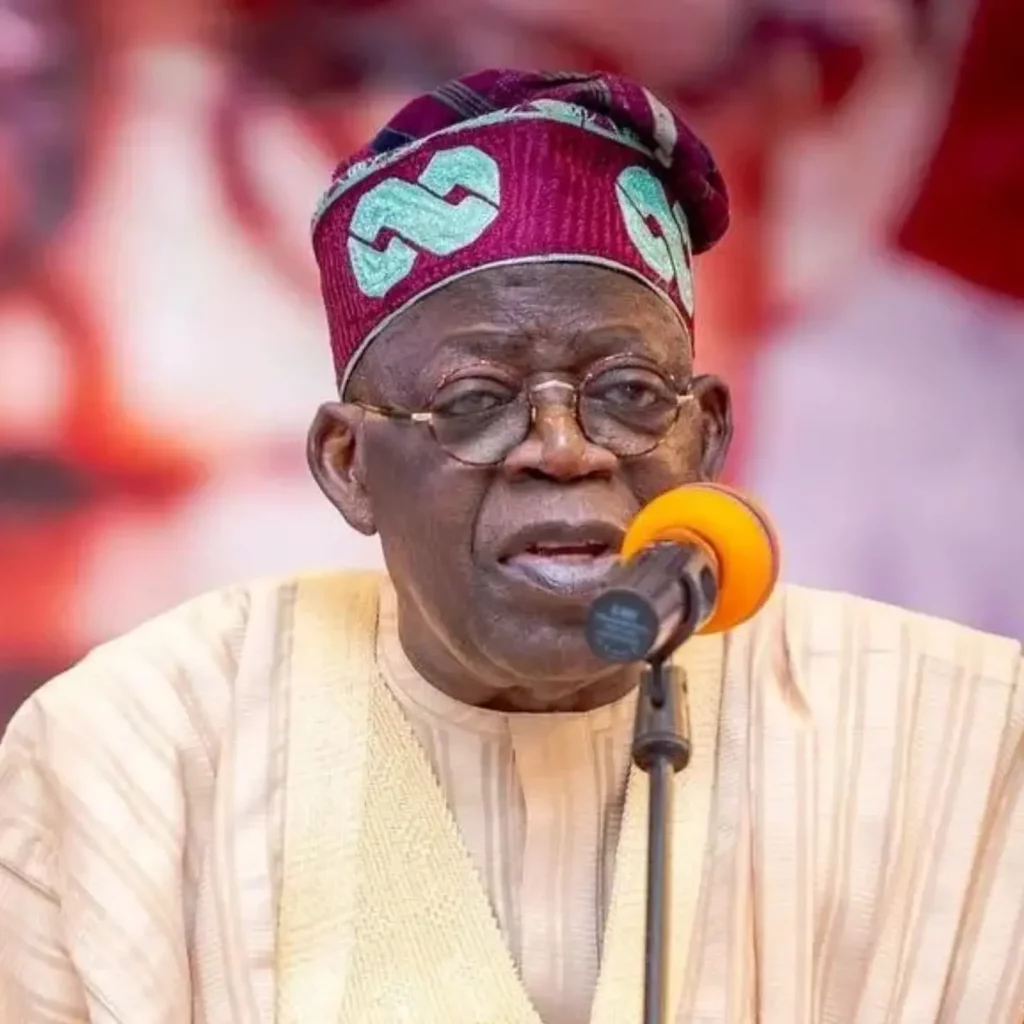
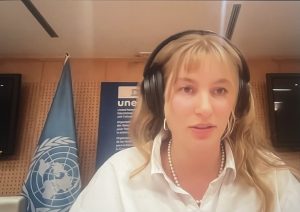
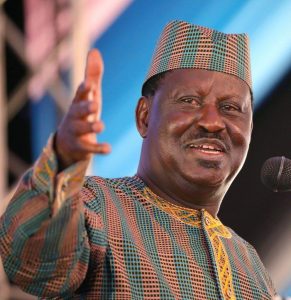
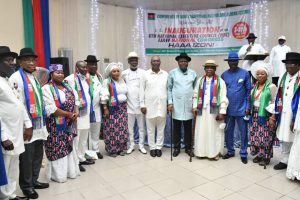
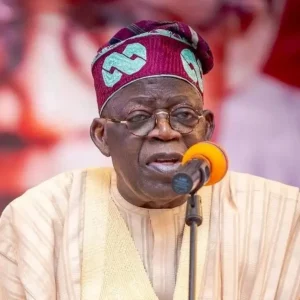
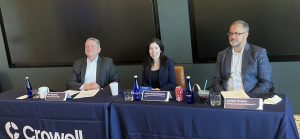








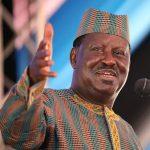
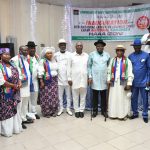
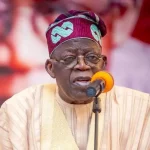





7 Responses
There’s no one party system in Nigeria now and there probably will not be going forward. As I write there are over 40 political parties in Nigeria. What has happened is that the dominant ruling party, the APC, has maintained internal democracy and managed internal crisis creditable unlike the opposition PDP being run aground by their selfish leaders. Trust Nigerians everyone loves to go to where their bread could be buttered especially a ruling party that understands the psyche of a people who want to benefit from a system that poverty has birthed. Trust me, this is the truth.
Obviously so. But the lackluster opposition has created undue advantage for the ruling non-performing APC. The opposition being spearheaded by former Vice President Atiku Abubakar populated by political elements who are part of Nigeria’s problem did not help matters. Atiku Abubakar wants to be the king maker and also the king. Nigerians see through the charade being presented as a genuine opposition. President Bola Ahmed Tinubu knows he has a Northern Nigeria problem. As Atiku Abubakar builds his political apparatus based on Northern resentment of President Tinubu, on the flip side, the President is building his own political coalition from the Southern flank hence the defections. There is no iota of doubt that elections in Nigeria are rigged. Therefore, with the President and the colluding Governors on the same page as members of the same political party, the opposition is dead on arrival. My half a kobo opinion.
They are jokes, politicians are not the electorate. People are quietly waiting for Peter Obi to declare his party. It will be better and greater than it was 2023
Powerful Article with great insight and analogy aimed at drawing attention between political party politics and personality profile politics
I share in your opinion they are all dirty. They usually run to where thire dirts will not be queried, because the smell oozing from all of them will be nullified in the atmosphere. Forget them. We know how to vote…if it can count
The party system in Nigeria has become grossly vestigial. It has very little to do with the electoraates and everything to do with the electoral candidates’ ambition. Govenor Mbah has read the writing on the wall and moved to secure his 2nd term.
True reflection of the state of affairs. My comments: Bola Ige was never in PDP, but AD even as Minister of Power under Obasanjo’s PDP; Mba’s impressive performance is cosmetic, none of the things he has done ( resuscitation of Presidential Hotel, Smart Schools, International Conference Center et al) has direct bearing on living standards. Citizens are overburdened with all manners of tax. He awards contracts without tender, he promised to provide pipe-borne water in Enugu metropolis in 180 days, but two years down the line, that has not materialized. He has been siphoning money big time and his administration lacks empathy. He doesn’t listen to anyone, but himself. If there to be a viable opposition in the state, his defection to APC would have cost him re-election. Unfortunately the average politician lines up where “tap is rushing” because in our clime, we play prebendal politics. Tinubu is the one instigating defection to APC and therefore cannot hedge against it. My view. Regards